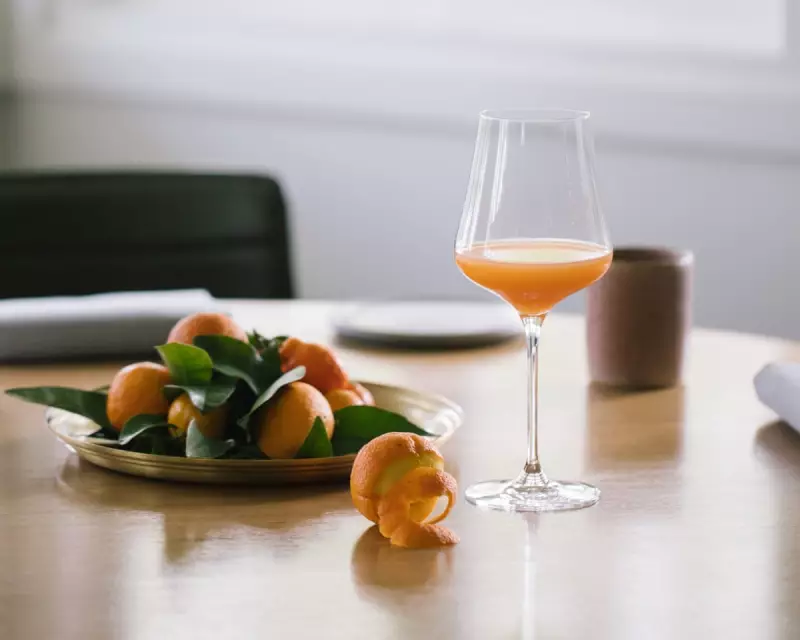
The clink of wine glasses is growing quieter across British restaurants as a sober revolution sweeps through the nation's dining culture. Establishments from London gastropubs to Edinburgh fine-dining venues are radically reinventing their business models to cater to customers who are increasingly choosing to drink less alcohol.
The Changing Taste of Britain
New industry data reveals a significant shift in consumer behaviour, with alcohol sales in restaurants declining by nearly 15% over the past two years. This isn't just a temporary trend but represents a fundamental change in how Britons approach dining out.
"We've seen our wine sales drop by almost a quarter, but our overall customer numbers have increased," explains Sarah Chen, owner of a popular Bristol restaurant. "People want the social experience of dining out without feeling pressured to drink alcohol."
Beyond the Token Mocktail
Forward-thinking establishments are moving far beyond the basic fruit juice or sugary soft drink options. They're investing in:
- Sophisticated alcohol-free cocktail menus crafted by specialist mixologists
- Premium non-alcoholic beers, wines and spirits from boutique producers
- House-made shrubs, infused waters and botanical elixirs
- Pairing menus that match food with non-alcoholic beverages
"Our 'temperance tasting menu' has become our most popular offering," says Marco Silva, head chef at a Manchester restaurant. "We treat non-alcoholic pairings with the same seriousness as wine matching."
A Positive Shift for Restaurant Staff
This sober shift is creating unexpected benefits for hospitality workers. Restaurant managers report:
- Reduced incidents of dealing with intoxicated customers
- Improved working environment during late shifts
- More opportunities for creative menu development
- Higher job satisfaction among front-of-house staff
"The atmosphere is calmer, and we're seeing fewer stressful confrontations," notes floor manager James Wilson from a Leeds establishment. "It's transformed our evening service for the better."
The Business Case for Going Sober-Friendly
While alcohol typically provides higher profit margins, restaurants are finding that catering to the sober-curious market brings its own financial rewards. Customers who don't drink alcohol often:
- Spend more on premium food items
- Visit more frequently due to the inclusive atmosphere
- Stay longer and order additional non-alcoholic beverages
- Provide positive word-of-mouth within sober communities
The trend shows no signs of slowing down, with industry experts predicting that alcohol-free options will become a standard expectation rather than a novelty within two years.
As one London restaurateur put it: "We're not just removing alcohol from the equation - we're creating a whole new dining experience that happens to not revolve around drinking. And frankly, it's making British restaurants better places to both work and eat."





